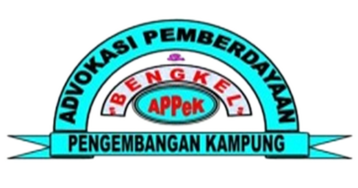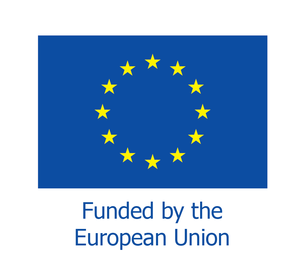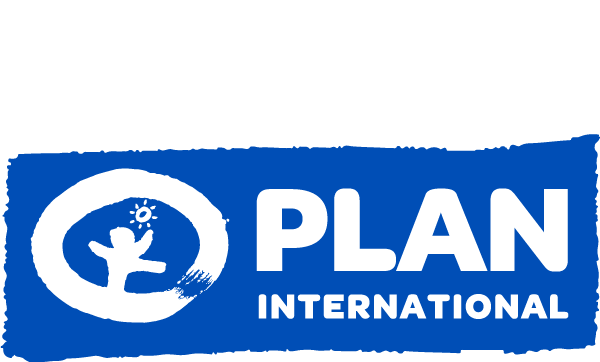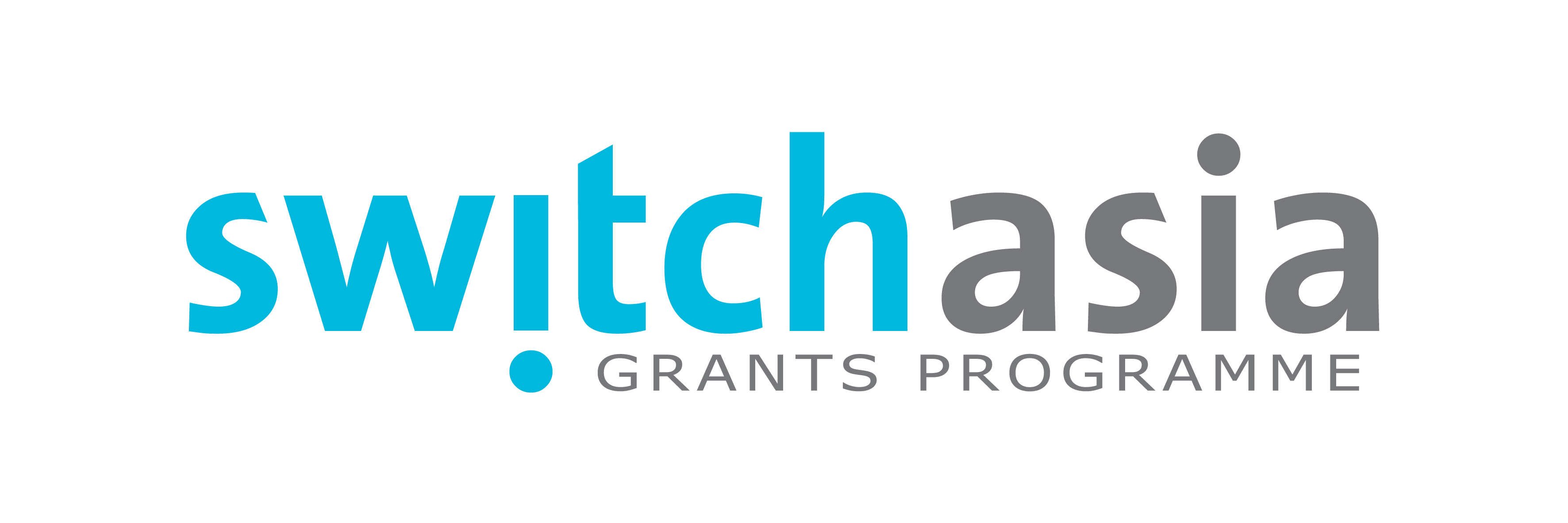This project is implemented by Yayasan Kopernik on behalf of European Union who provided grant funding for this project.
We are testing appropriate technologies that can be introduced to small medium enterprises (SMEs) and micro small medium enterprises (MSMEs) to increase efficiencies and promote sustainable processes in the fisheries sector.
THE PROBLEM
Indonesia is projected to be the seventh biggest economy by 2030 (McKinsey Global Institute, 2016). With the economy growing at an unprecedented rate, Indonesia is facing large challenges linked to unsustainable production practices and consumption patterns and behaviors that have resulted in resource inefficiencies. This is particularly evident in the fisheries sector. Limited processing facilities and technologies hinder the development of the fisheries industry in East Nusa Tenggara. Much of the harvested fish are wasted due to spoilage and contamination with a lack of cold storage and appropriate transport infrastructure. While some processing takes place, much of the fish by-products are wasted or the processing occurs in an unhygienic way such as open-air drying. Food hygiene and handling education is also limited which has also lead to unsafe consumption. Chemical preservatives such as formalin are also used in the absence of other preservation solutions. Overfishing occurs in some regions with limited enforcement of regulations.
THE SOLUTION
We will focus on three districts in East Nusa Tenggara, Lembata, Nagekeo and Sikka, conducting a market demand study to ascertain where inefficiencies lie in current practices. We will map, document and analyse current practices relating to fish storage, preservation, processing and safety testing, identifying areas for improvement. We will then explore and test appropriate solutions to assist SMEs and MSMEs to reach their full potential. Currently, we are conducting four technology testing:
- Improving Fish Preservation: Cooling Solutions for Wholesalers
- Improving Fish Preservation: Cooling Solutions for Fish Sellers
- Improving Fish Processing: Fish Shredding Machine
- Improving Preservation Solutions: Solar Dryer for Seaweed
The technologies proven to work by Kopernik’s research will be recommended to SMEs/MSMEs for future adoption with training provided.
Buckets are used to keep the captured fish (Source: https://www.pexels.com/photo/silver-and-black-fishes-inside-blue-plastic-container-52964/)
Traditional fish market in East Nusa Tenggara.
Activities at the traditional fish market
Traditional fish market in East Nusa Tenggara. (Source: Riesa Putri)
Sun drying depends (Source: Riesa Putri)
THE EXPECTED IMPACT
The overall objective of this project is to promote sustainable economic growth and employment opportunities for marginalized youth, particularly young women, in the fish-processing sector in this region.
While Kopernik is responsible for the technological interventions for 160 SMEs/MSMEs for this project, our partners Bengkel Appek and Yayasan Plan International Indonesia will be responsible for youth engagement and a fish-related nutrition campaign.
2,000 youths (1,400 female and 600 male) within the age of 15-29 years old will be trained on sustainable fish processing, soft skills and green entrepreneurship skills with the aim of engaging them in employment in the fisheries sector in East Nusa Tenggara.
In parallel, a campaign to improve child nutrition at a village level through sustainable fish consumption will also be implemented.
PROJECT COST
Cost funding
Costs associated with conducting the market demand study, exploring and testing appropriate solutions to promote sustainable economic growth in the fish-processing sector in East Nusa Tenggara.
$300,000
Total $300,000
This project is implemented by Yayasan Kopernik on behalf of European Union who provided grant funding for this project.







